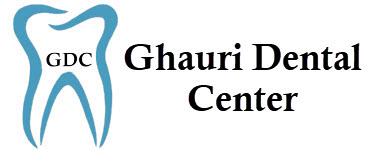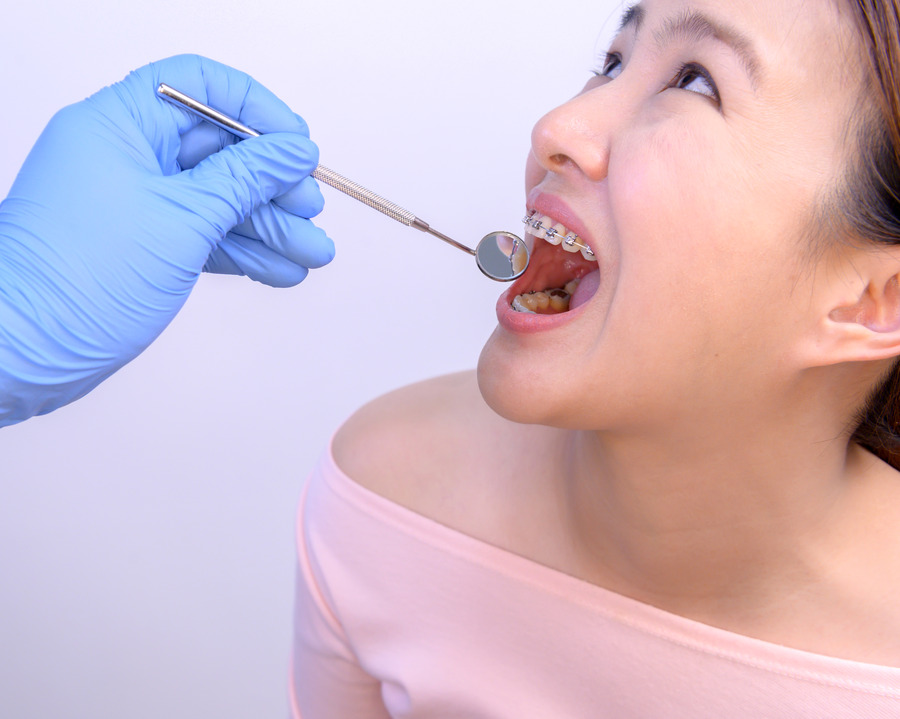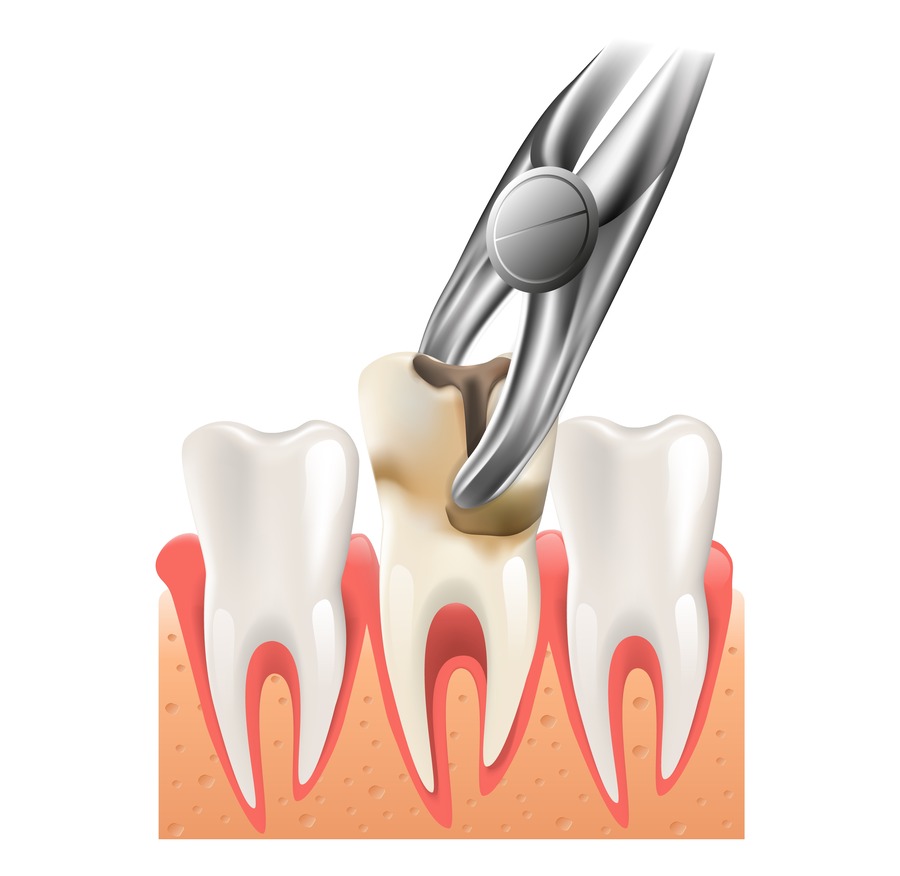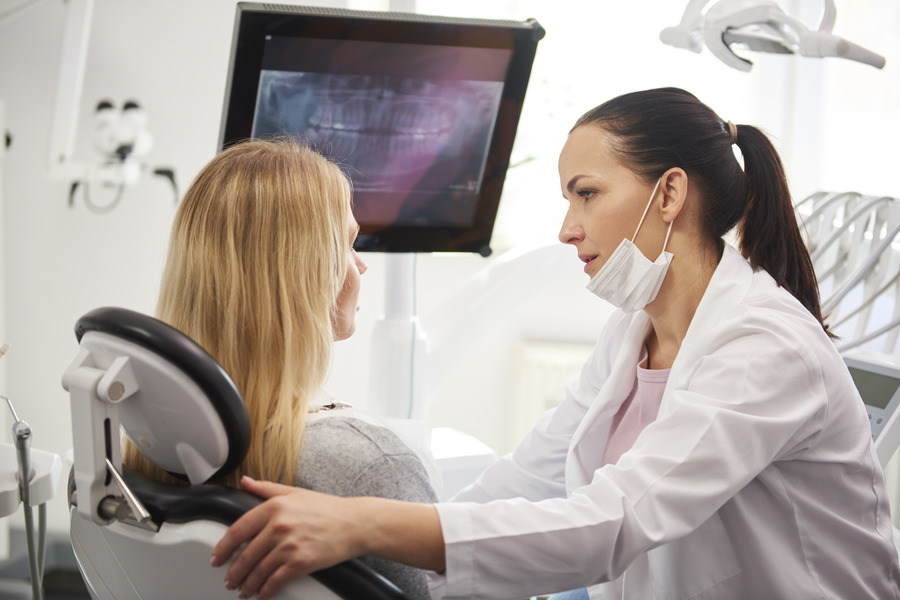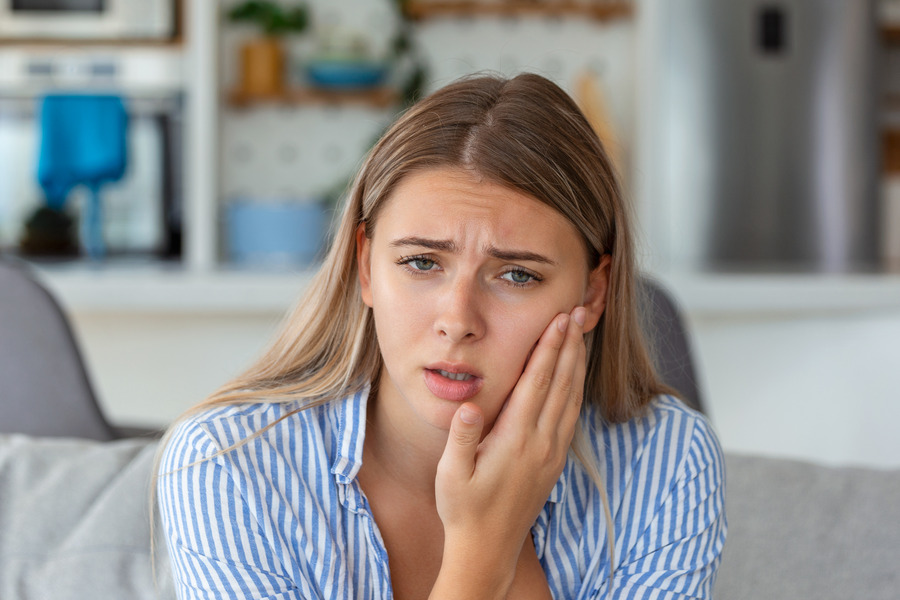Dental Check-Ups
What is a dental check-up?
An examination of your teeth, gums, lips, tongue, mouth, and saliva is part of a dental check-up. Dental check-ups are an important part of your dental hygiene routine, along with brushing and flossing. Keeping your mouth healthy and preventing dental diseases is part of dental hygiene. Tooth decay and gum disease are the two most common dental diseases.
Dentists, dental hygienists, oral health therapists, dental therapists, and sometimes dental students perform dental check-ups in dental clinics. Early detection of potential issues is easier when they are caught in the early stages.
Schedule of Dental Check-Ups
What are the benefits of dental check-Ups?
Dental care should begin at 12 months of age or when the first teeth appear (whichever comes first). It is important to get a dental checkup even if you feel healthy and think your teeth are in good shape.
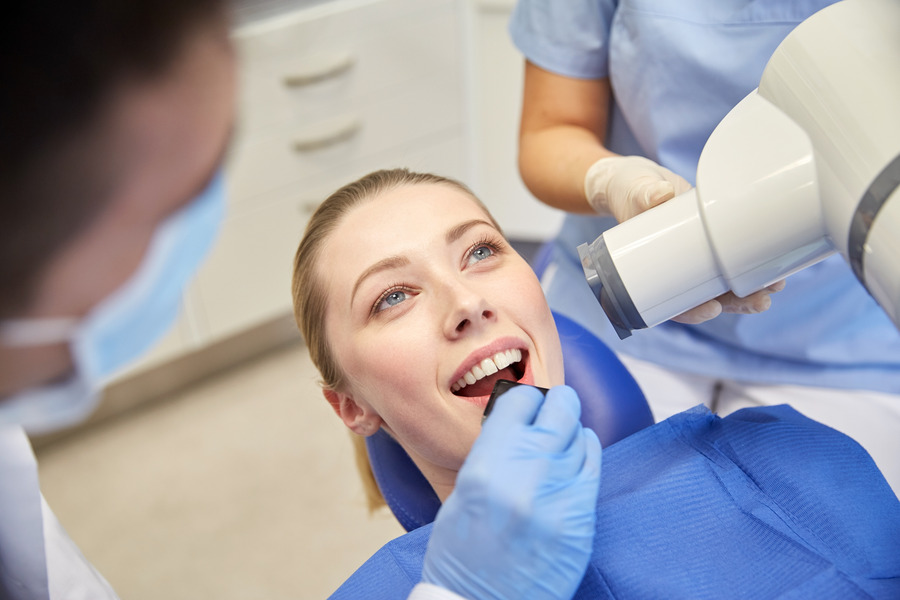
By scheduling regular dental checkups, you can ensure that your teeth, gums, and whole mouth are healthy and functioning properly. You can be screened for oral cancer, have fillings repaired or replaced, and have other habits that can impact your teeth and mouth checked, such as grinding your teeth and smoking. During an examination of your mouth, a dentist can also determine how your heart and gut are functioning.
It is best to consult a dental practitioner early, before any issues with your teeth and mouth become painful, difficult to treat, and expensive.
If you don’t get dental checkups,whathappens?
You may be increasing your risk of developing dental diseases, such as tooth decay and gum disease, if you don’t get regular dental check-ups. Taking care of your teeth and mouth is also associated with several chronic health conditions, such as heart disease, stroke, and diabetes. Oral cancer is another major health concern that may go undetected.
How does a dental checkup work?
In general, a dental check-up will include:
- Provide your dental and medical history, including medications and allergies
- Take a look inside your mouth for any signs of tooth decay or bleeding gums, as well as how your teeth fit together
- In x-rays, you can check for tooth decay, infections in your mouth, teeth that haven’t come through your gums properly, damage to your jaw bone, or serious medical conditions such as cancer
- Preventative care such as fluoride and polishing
- You may also receive advice on diet and hygiene habits in addition to brushing and flossing your teeth
How safe is a dental check-up?
Check-ups at the dentist are safe. There are some people who are nervous about dental check-ups or treatments. Check-ups and important dental treatments may be delayed or avoided because of dental anxiety.
Let your dentist or their staff know if you are feeling nervous about your dental checkup. If you have any pain or discomfort, they can take extra care to minimize it and make your experience as comfortable as possible.
What is the best time to see a dentist?
A checkup is generally recommended every six to twelve months. Dental practitioners, however, can determine how often you need to visit the dentist based on the overall health of your teeth.
You should also see your dentist if:
- You experience mouth pain
- The swelling in your face increases
- It’s difficult for you to swallow
- If your teeth are damaged
- Concerned about your oral health or feeling unwell in your mouth.
What is the cost of a dental check-up?
A dental check-up can be done in a private or public clinic. There are mobile dental clinics, school dental clinics, and community dental clinics available to the public. Public dentists may have long waiting lists.
The majority of dental check-ups take place in private clinics and are not covered by Medicare. Some general and specialist dental costs can be covered by private health insurance. Make sure you check with your insurer before you go so you know what’s covered. Some dental procedures and hospital stays can also be covered by private health insurance.
